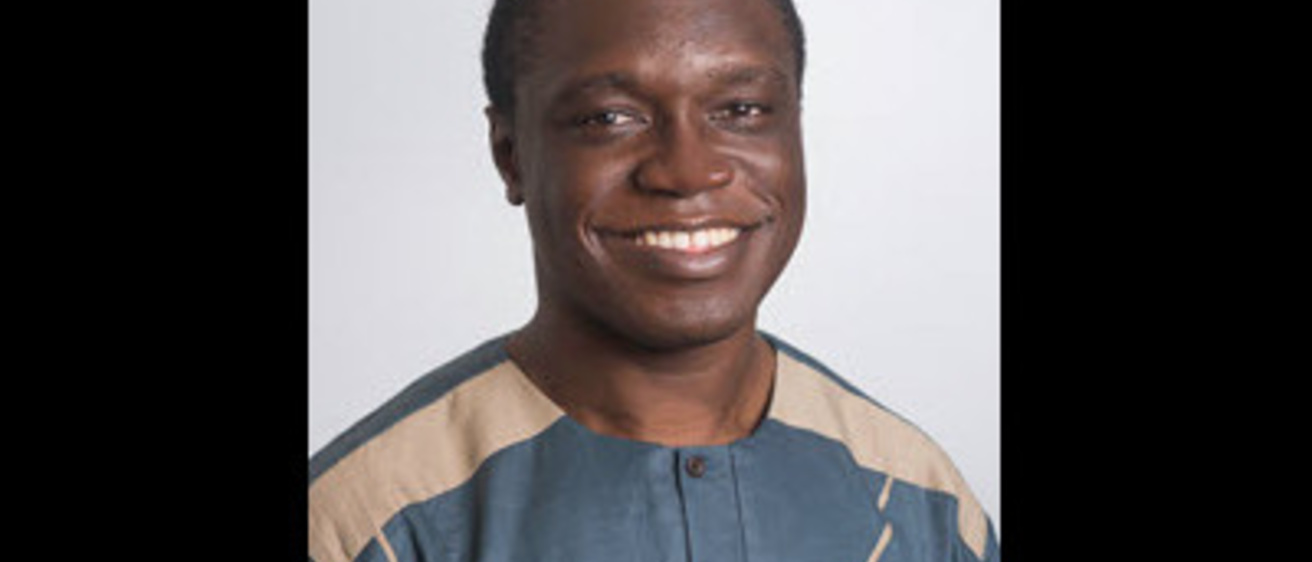Alum Kwame Owusu-Daaku, class of 2013, has completed his PhD in Geography at the University of South Carolina. He is now teaching in the Department of Earth and Environmental Sciences at the University of West Florida in Pensacola.
When starting his master’s degree at the University of Iowa, Dr. Owusu-Daaku’s interests centered on rural development, social policy, health policy and planning in developing countries. He is originally from Kumasi, Ghana, the country’s second largest city, but has long been interested in rural issues and the belief that equal attention should be given to both urban and rural areas. Further studying urban planning at Iowa expanded his world view in both community development and economic development, bringing in new considerations on climate change.
While working on his PhD, he was awarded a Norman E. Borlaug Leadership Enhancement in Agriculture Program (Borlaug LEAP) fellowship. His dissertation research led to a co-authored paper which placed second in the 2016 Annual Reducing Urban Poverty Graduate Paper Competition sponsored by the Wilson Center, Cities Alliance, IHC Global, USAID, and the World Bank. It is titled, “The Sea Defense Project in the Ada East District and its Implications for Climate Change Policy Implementation in Ghana's Peri-Urban Areas”. He has worked on climate change adaptation projects in Ghana, Mali and Malawi as a member of the Humanitarian Response and Development Lab (HURDL) at Clark University.
As an Assistant Professor he continues to do qualitative research with interests in human geography, urban planning, and international development. Currently Dr. Owusu-Daaku’s work is focused on “ways in which climate change adaptation has influenced the practice of international development; particularly how this influence impacts rural and urban poor livelihoods – two areas of interest he simultaneously studies through a focus on peri-urban areas.”
He is also a researcher on the DECCMA (DEltas, vulnerability, and Climate Change: Migration and Adaptation) consortium. DECCMA, “a five year multi-country interdisciplinary and collaborative research project, examines the role of migration, among other adaptations, to climate change impacts such as sea-level rise, erosion, and flooding in river deltas in Bangladesh, Ghana and India.”
